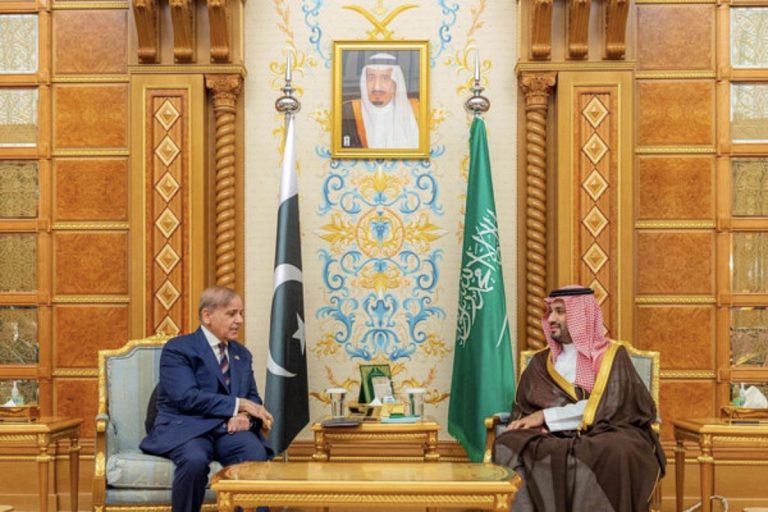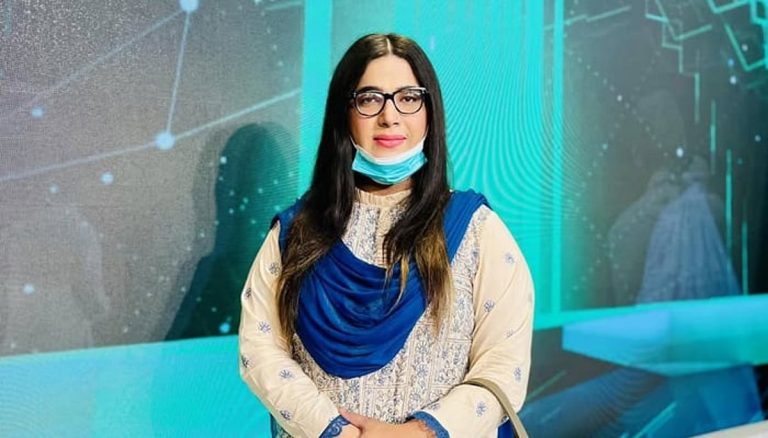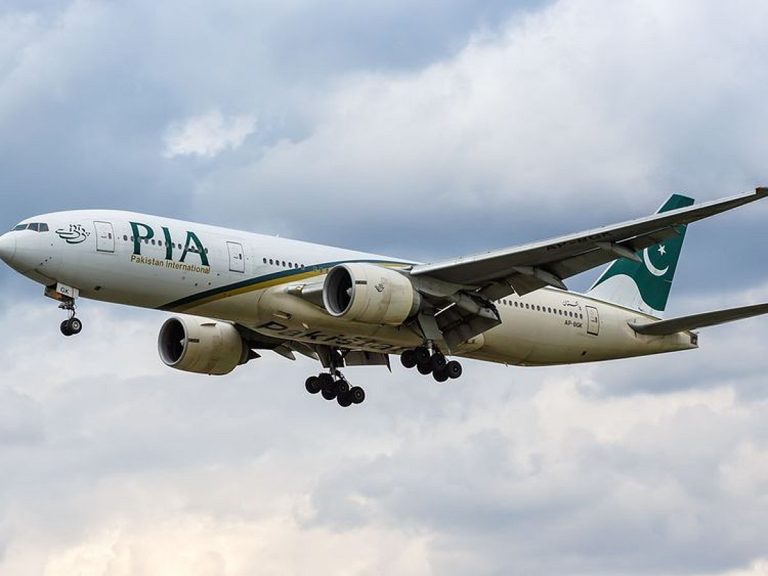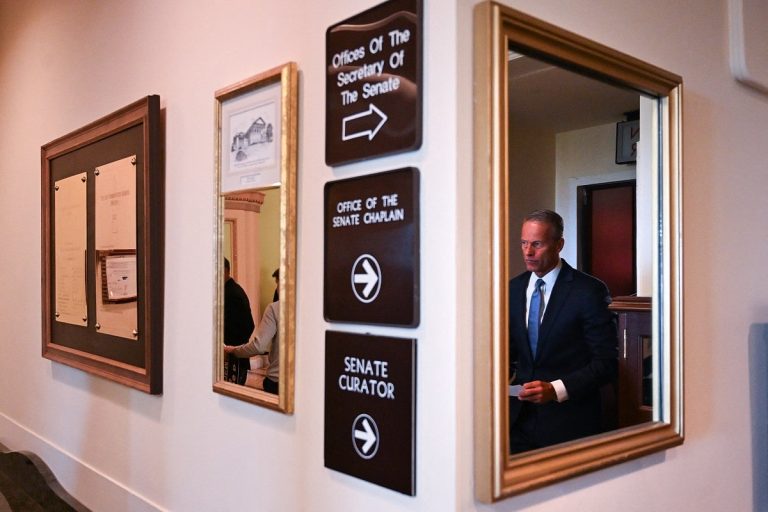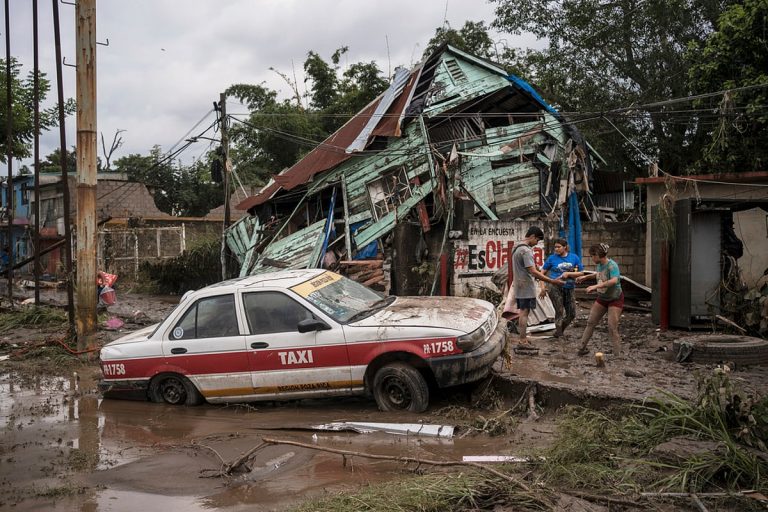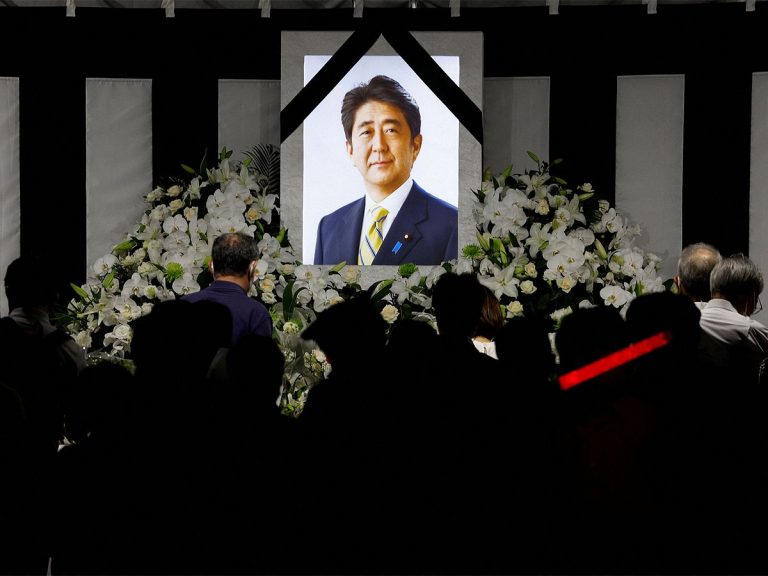Indian Supreme Court Stays Execution of Nurse in Yemen
The Supreme Court of India has announced a temporary stay on the execution of Nimisha Priya, an Indian nurse convicted of murder in Yemen. This development comes as the Indian government engages in diplomatic efforts to address her situation, with a new mediator now involved in the discussions.
Legal Proceedings and Current Status
During a court session, Attorney General R. Venkataramani informed Justices Vikram Nath and Sandeep Mehta that a new mediator has entered the negotiations. He emphasized that, as of now, no adverse developments have occurred regarding Priya’s execution. The court was hearing a plea from the Save Nimisha Priya International Action Council, which urged the government to utilize diplomatic channels to secure her release.
When questioned about the status of the execution, the petitioner’s counsel confirmed that it has been stayed. The court scheduled the next hearing for January 2026 but noted that parties could request an earlier hearing if necessary.
Background on Nimisha Priya’s Case
Nimisha Priya, originally from Palakkad, Kerala, was convicted in 2017 for the murder of her Yemeni business partner. She was sentenced to death in 2020, and her final appeal was rejected in 2023. Currently, she remains imprisoned in Sana’a, the capital of Yemen.
The petitioner’s counsel highlighted that under Sharia law, there is a possibility for the victim’s family to pardon Priya if “blood money” is paid. The Indian government has indicated that this option could be explored as part of the ongoing negotiations.
Government’s Diplomatic Efforts
On July 17, the Indian government announced that it was in contact with Yemeni authorities and other friendly nations to seek a “mutually agreeable solution” for Priya’s situation. The following day, the government reassured the Supreme Court that it was taking all necessary steps to ensure her safety.
On August 14, the petitioner informed the court that there was currently “no immediate threat” to Priya’s life. In a related development, Priya’s mother has traveled to Yemen to negotiate with the victim’s family, following permission granted by the Delhi High Court.
FAQs
What is the current status of Nimisha Priya’s execution?
Nimisha Priya’s execution has been temporarily stayed by the Supreme Court of India, with the next hearing scheduled for January 2026.
What are the diplomatic efforts being made by the Indian government?
The Indian government is in touch with Yemeni authorities and friendly nations to find a mutually agreeable solution, including the possibility of negotiating a pardon under Sharia law.
Who is involved in the negotiations for Nimisha Priya’s case?
A new mediator has entered the discussions, and Priya’s mother is currently in Yemen to negotiate with the victim’s family.
Conclusion
Nimisha Priya’s execution has been stayed as the Indian government continues its diplomatic efforts to resolve her case. With a new mediator involved and ongoing negotiations, there is cautious optimism for a favorable outcome. The next court hearing is set for January 2026, but earlier proceedings may be requested if circumstances change.
The case of Nimisha Priya has drawn significant attention both in India and internationally, highlighting the complexities of legal systems in foreign countries, particularly those governed by Sharia law. The interplay between local legal practices and international diplomatic efforts underscores the challenges faced by Indian nationals abroad, especially in regions experiencing political instability. The Indian government’s involvement reflects its commitment to protecting its citizens and navigating the intricacies of international law and human rights.
In Yemen, the legal framework can differ markedly from that of India, and the application of Sharia law can lead to outcomes that may seem harsh from a different legal perspective. The possibility of a pardon through the payment of “blood money” is a critical aspect of the negotiations, as it offers a potential pathway for Priya’s release. This cultural and legal context is essential for understanding the ongoing discussions and the urgency of the Indian government’s diplomatic maneuvers. As the situation evolves, the role of international diplomacy in resolving such cases will continue to be a focal point for both governments and human rights advocates.
Also Read:
Nayyab Ali Shortlisted for UN Human Rights Role


